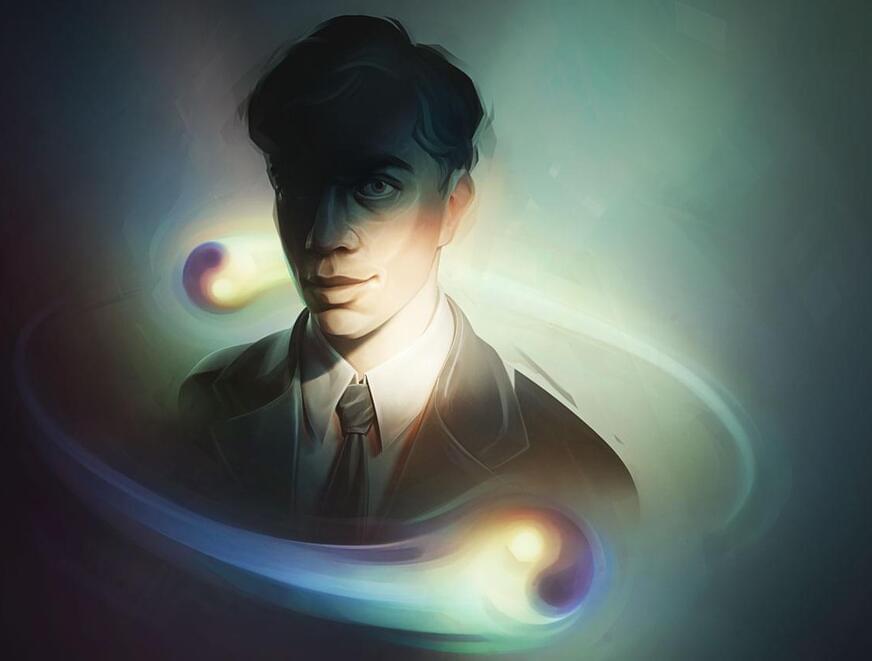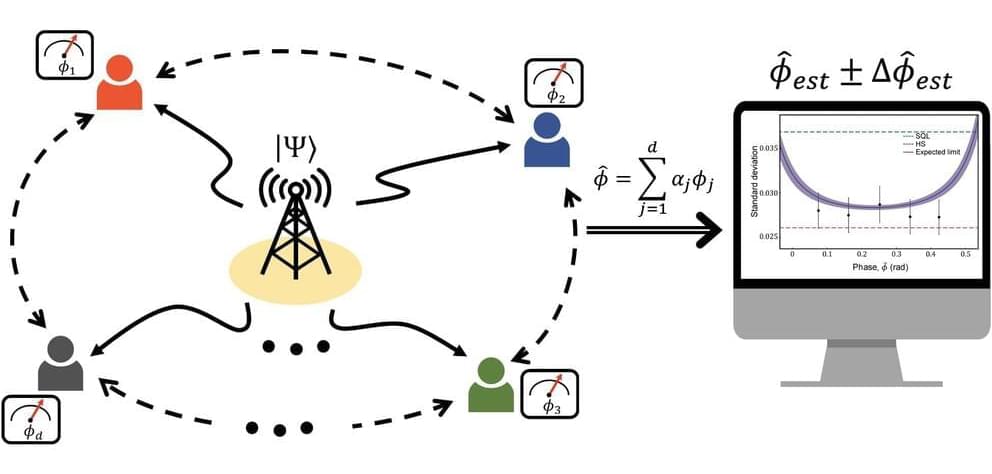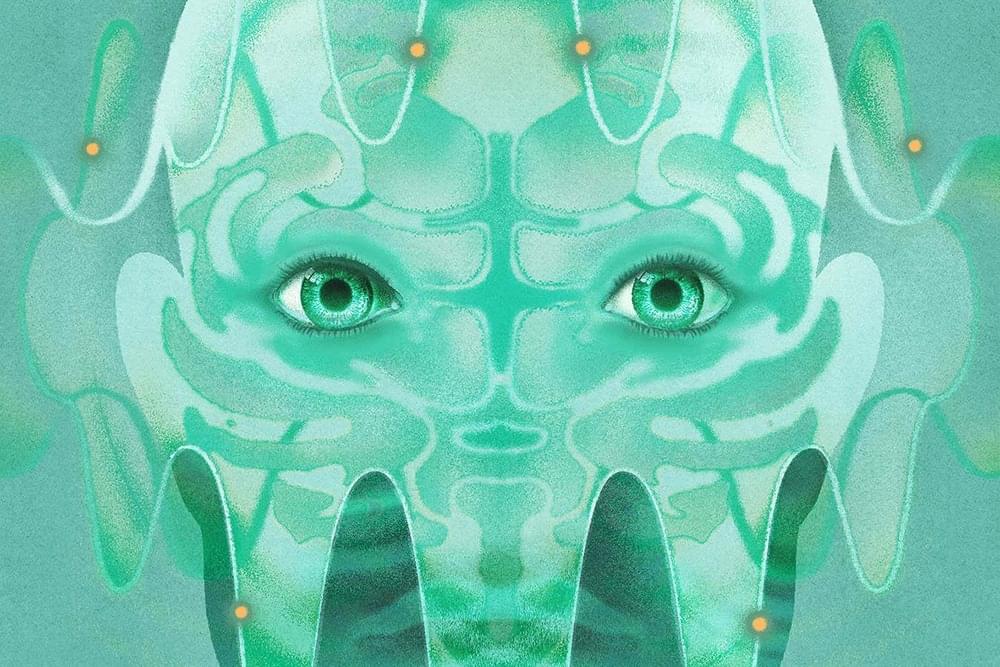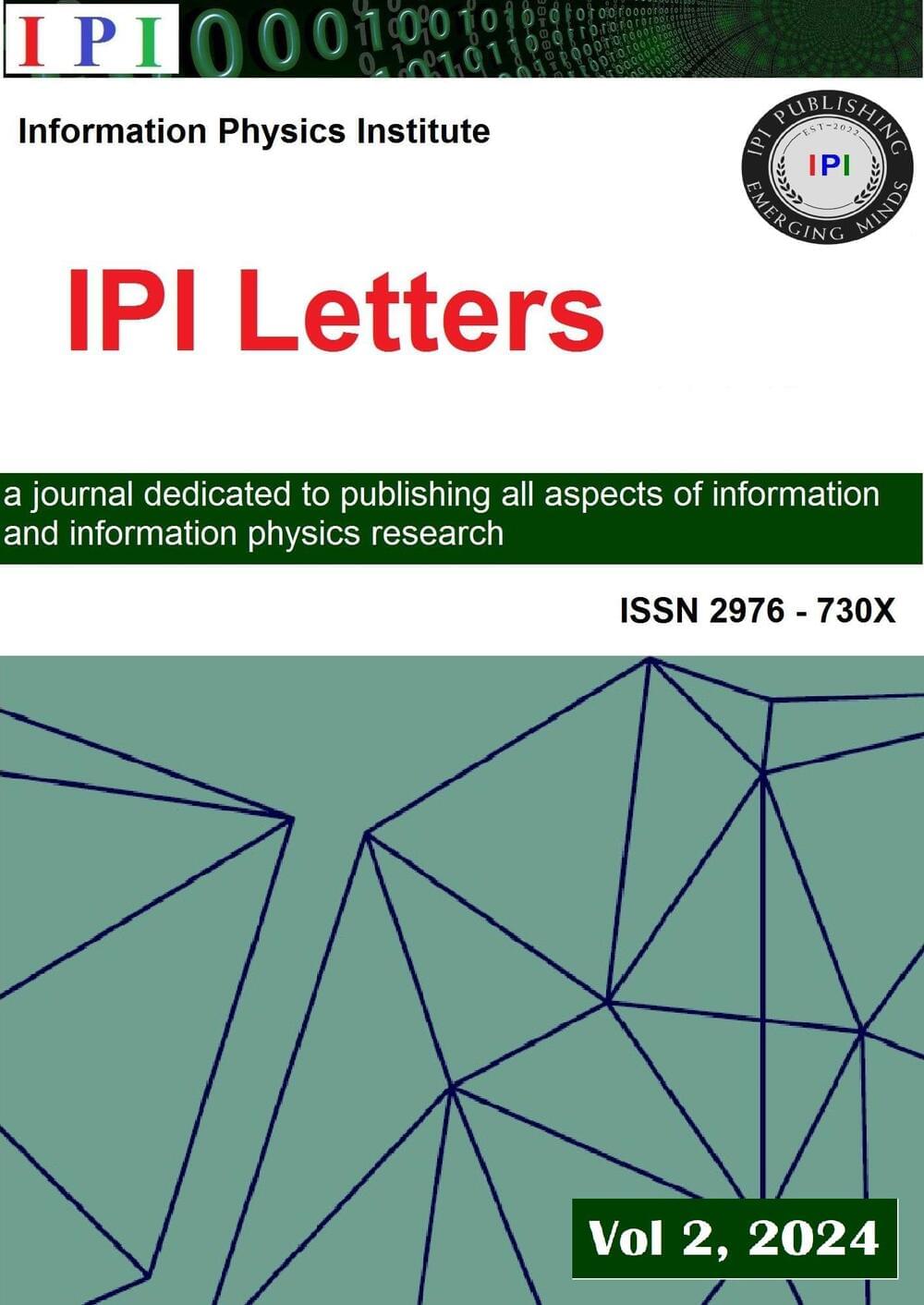Advanced Quantum Technologies is a peer reviewed journal that has published a paper – Global Room-Temperature Superconductivity in Graphite. The researchers are from Brazil, Italy and Switzerland.
They use the scotch-taped cleaved pyrolytic graphite carrying the wrinkles that resulted from this cleaving to which they also refer as to line defects. They detected experimental evidence for the global zero-resistance state. The experimental data clearly demonstrated that the array of nearly parallel linear defects that form due to the cleaving of the highly oriented pyrolytic graphite hosts one-dimensional superconductivity.
One-Dimensional room temperture and room pressure superconductivity is what part of the theory and claims proposed for LK99 and sulfurized LK99 and PCPOSOS.








